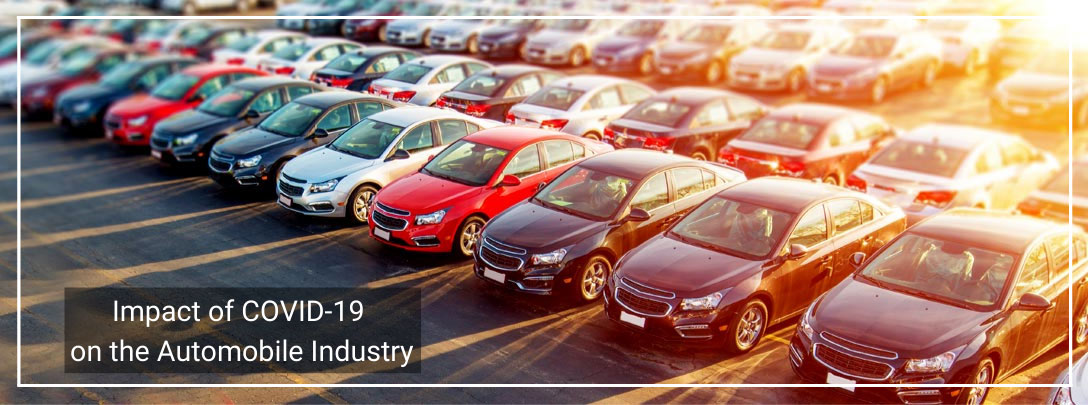Pent-up demand and first-time car buyers will drive a V-shaped recovery of the Indian automobile industry. Also, the demand for personal vehicles would rise due to the social distancing norms that are now part of the ‘new normal’.
These, and other trends, were some of the highlights of a survey conducted by the carandbike portal to ascertain the impact of Covid-19 on the Indian automotive industry. It also revealed changes in consumer behaviour and preferences when it comes time to buy their next vehicle.
With social distancing becoming the norm, the ride sharing industry is expected to witness a slow-down with personal transport being the preferred option. While recovery forecasts for China and Europe remain bleak, India, with a penetration rate of 23 cars per 1,000 people, is expected to recover faster.
Nearly 75% of the survey respondents said they would be interested in buying a vehicle once the lockdown is lifted and this pent-up demand is expected to play a catalytic role in the industry’s revival. It is not just brand-new cars, but enquiries for used cars that are also witnessing an increase.
However, the enquiries for more expensive cars witnessed a 14% drop even as the interest in low-budget cars has picked up. Customers, especially the younger generation, are looking for budget cars, which should trigger demand for models that are priced under Rs. 3 lakhs.
Concerns about the Coronavirus and social distancing norms are expected to fuel further demand for private cars as the preferred mode of daily commutes. The demand for cars will also be fuelled by a potential shift from two-wheelers to four-wheelers. About 48% of the respondents said they are willing to upgrade to a car.
"About 35% of first-time buyers are willing to buy cars instead of two-wheelers. About 13% of customers who were earlier looking for two-wheeler earliers are now looking to upgrade and buy four-wheelers,” says Ashutosh Pandey, MD & CEO, Mahindra First Choice Wheels.
On the sales front, the phygital model will remain important even as the purchase experience will largely remain dealer-driven. The survey threw up an interesting finding. With concerns about the Corona pandemic remaining high, about 68% of respondents in metro cities expressed willingness to explore options to minimise showroom visits. Not only that, about 30% of consumers were willing to pay for a home test drive, given that most carmakers will have to completely sanitise their cars, if such test drives are to be implemented.
However, with the need for touch and feel remaining high among first-time buyers, the phygital approach will be preferred. Non-metros will, however, buck the trend with 50% of respondents indicating a willingness to visit showrooms and that too multiple times if required.
It’s not just cars, the post-lockdown scenario will also witness a spike in demand for two-wheelers. The Indian two-wheeler industry is the largest in the world and its recovery will play an important role in the revival of the Indian economy. Almost 75% of respondents expressed a strong desire to purchase a two-wheeler in the 3 months following the lifting of lockdown.
Dealer sentiment also remained high with an increase in sales within 6 months following the relaxation of the lockdown. About 72% of dealers surveyed expected supply and demand to normalise after a 3-month crunch.
You can also share your thoughts in the Comments section below!




